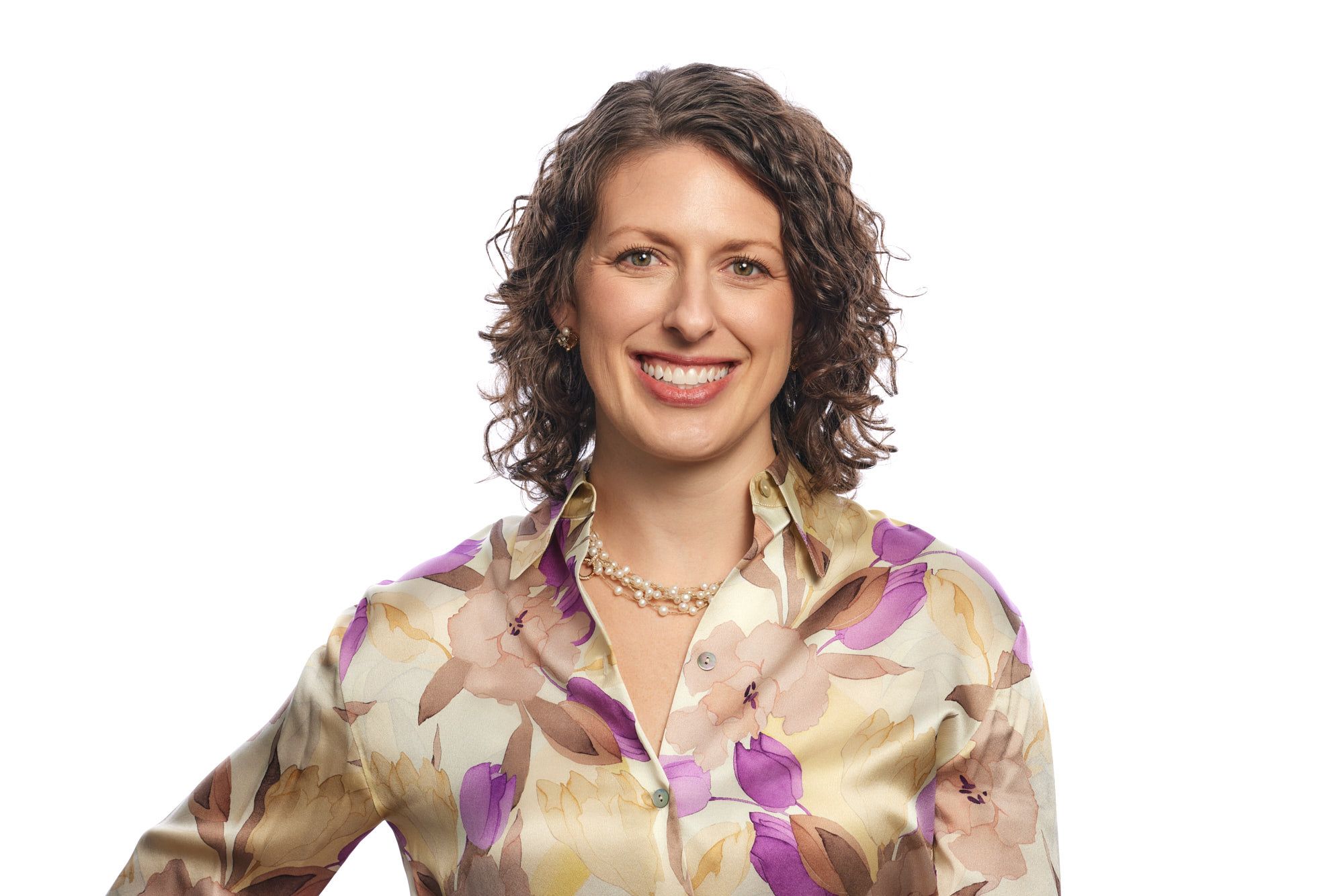Potholes litter road to ETF investment by DC plans
Even as the technical barriers are eclipsed, doubts remain over cost and utility.
With the very public launch of an ETF-only 401(k) plan option by Charles Schwab Corp., might some defined-contribution plan executives finally be willing to give exchange-traded funds a try?
According to Steven Anderson, president of Schwab Retirement Plan Services Inc., the company has already received commitments from several defined-contribution plans to convert to all ETFs beginning in the fall, including a plan in excess of $100 million.
Overall, Schwab serves as record keeper for $96 billion in assets from 955 defined-contribution plan sponsors and 1 million participants, according to 2013 survey data from Pensions & Investments, a sister publication.
In 2012, Schwab launched a complete 401(k) index solution, known as Schwab Index Advantage, using internal and external index mutual funds and now offers a second version using index ETFs. The package includes automated advice and asset allocation from Guided Choice or Morningstar Inc. at roughly 45 basis points, charged directly to the investor or covered by the plan.
(See also: A case for private equity in DC plans)
Mr. Anderson said 10% of the clients it serves “already are using or have committed to moving” to Schwab Index Advantage.
Skip Schweiss, president of TD Ameritrade Trust Co., said the coordination among trustees and record keepers originally was an obstacle to including ETFs in DC plans, yet TD Ameritrade has managed to give registered investment advisers working with defined-contribution plans the opportunity to place ETFs on the core menu. This was largely done by coordinating market on-close orders and rounding up to the next whole share with the incremental fractional share being financed by TD Ameritrade.
Yet, even as the technical barriers are eclipsed, doubts remain over cost and utility.
“For fiduciaries, where is the incremental value in adding ETFs?” asked Mark Klein, a lawyer specializing in the Employee Retirement Iincome Security Act and chief executive of record keeper Professional Capital Services.
With the increase of litigation around core-menu choice in the age of greater fee disclosure, it’s possible that the cost of the ETFs themselves, as well as fiduciary concerns around bringing daily trading and liquidity products into a plan, might give plan executives and advisers additional discomfort.
“Many of the best attributes of ETFs — intraday liquidity and tax efficiency — provide little benefit inside DC plans,” said Sue Walton, a director at Towers Watson Investment Services. Indeed, even the low cost of ETFs can be trumped in medium to large plans by lower-cost institutional class shares of mutual funds, commingled trusts and separately managed accounts.
(More: Making retirement planning automatic)
Other concerns arise from that perceived liquidity mismatch. Why make intraday trading available for retirement investors focused on long-term outcomes? (Mr. Anderson said the same argument was made against mutual funds in 401(k) plans more than 20 years ago.)
Some believe intraday liquidity could serve as an advantage, allowing plans more flexibility in accessing funds when assets arrive from payroll. Currently, when cash enters a plan, investors receive the closing net asset values. With an ETF, the plan-level transaction could commence sooner.
Even the staunchest proponents of ETFs — independent registered investment advisers — are challenged to rationalize including them in 401(k) plans.
Harris Nydick, managing member of CFS Investment Advisory Services, a registered investment adviser that serves 125 plans ranging in assets from $5 million to $75 million, said ETFs come up in conversation but don’t generally make it into plans. For individual clients, Mr. Nydick frequently uses ETFs, but said they amount to a “square peg” in 401(k) plans.
But some of the complications also arise from how plan systems have evolved. Major insurers, asset managers and consultants pair their services or investment choices with record keeping and administration.
Yet, tying a platform to a base level of fund choices is one way that Schwab is looking to increase its ETF market share.
Charles Schwab Investment Management advises on 21 ETFs with $19.8 billion in assets under management, according to XTF Inc. They are among 100 ETFs offered commission free to Schwab retail and advisory customers. Collectively, Schwab counted $203 billion in ETF assets under custody.
The three largest ETF providers — BlackRock Inc., State Street Global Advisors and the Vanguard Group Inc. — already dominate the market for index management in defined-contribution plans, according to June 30, 2013, data from P&I. Combined, the firms manage nearly $900 billion in DC indexed assets. Charles Schwab Investment Management, on the other hand, manages just $7.5 billion.
Ari I. Weinberg is a contributor to Pensions & Investments
Learn more about reprints and licensing for this article.




